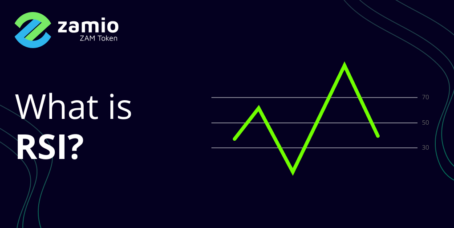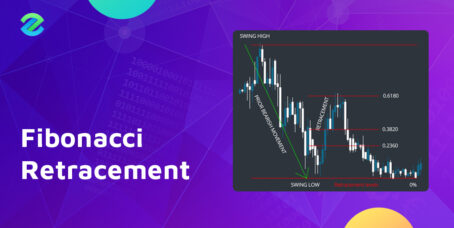A transaction fee is a fee that is charged when buying or selling cryptocurrencies, or when transferring a certain amount of cryptocurrencies from one wallet or exchange to another. Crypto traders have always complained about high gas and transaction fees.
If you are planning to invest in cryptocurrencies, you should know that there are three types of transaction fees in crypto trading: exchange fee, network fee, and wallet fee.
Table of Contents
Types of fees for cryptocurrency transactions
As mentioned above, the types of fees that are inherent in DeFi include exchange fees, network fees, and wallet fees.
An exchange fee
An exchange fee is a fee charged by a cryptocurrency exchange for executing a buy or sell order. These types of fees are also one of the main sources of income for exchanges and are often an integral part of their business operations and strategy.
Network commission
Network commission is a commission paid to the network, i.e. payment to cryptocurrency miners for the services they provide. Unfortunately, network fees are demand-driven, meaning when the network is busy, fees increase dramatically, and vice versa.
A wallet fee
A wallet fee is charged when people withdraw or send cryptocurrency from one wallet to another. But now many exchanges and applications have wallets built into the platform. In these cases, commissions are usually minimal, if not zero.
In general, a crypto transaction fee is a fee that a user must pay when transferring funds to an exchange to buy cryptocurrency or when making cryptocurrency transactions. However, these fees and their amount depending on the underlying network and exchange.
Cryptocurrency Transaction Fees Compared to Traditional Wire Transfer Fees
Bank transfer is an electronic payment service for transferring funds, for example, via SWIFT (Society for Worldwide Interbank Financial Telecommunication). When you make an international transfer, the transfer intermediary charges a certain fee.
Intermediaries such as banks or payment services such as PayPal charge certain fees from their customers. For example, PayPal charges 4.4% of the transaction amount for international transfers, while banks like Chase or Bank of America charge large fees for incoming and outgoing transfers.
With cryptocurrencies, the process is different. Users convert their funds to cryptocurrency on a decentralized exchange, add a recipient address, pay a transaction fee, and send the cryptocurrency. In this case, the transaction fee is paid to the miners/validators. However, this fee varies depending on the blockchain network used to conduct transactions.
But beyond that, some centralized exchanges charge their transaction fees. These transaction fees include not only transfer but also the purchase of cryptocurrencies using bank cards.
Conclusion
Transaction fees have always been an important part of the financial and investment services sector, including in the field of cryptocurrencies. This is because the funds raised in the form of these fees are used by the exchanges to run their business so that they, in turn, can provide opportunities for investors to invest in cryptocurrencies. In addition, crypto network transaction fees are necessary as paying them incentivizes miners to continue their role in maintaining the blockchain network.
However, due to rising fees for traditional bank transfers, many people around the world are turning to cryptocurrencies to transfer or receive money from abroad. The reason is that many people are beginning to realize that cryptocurrency transactions are fast and economical.








